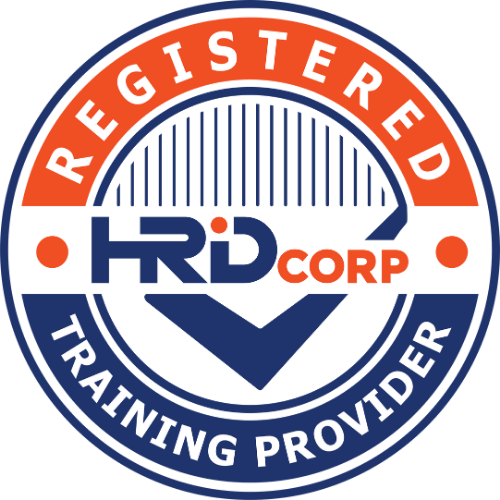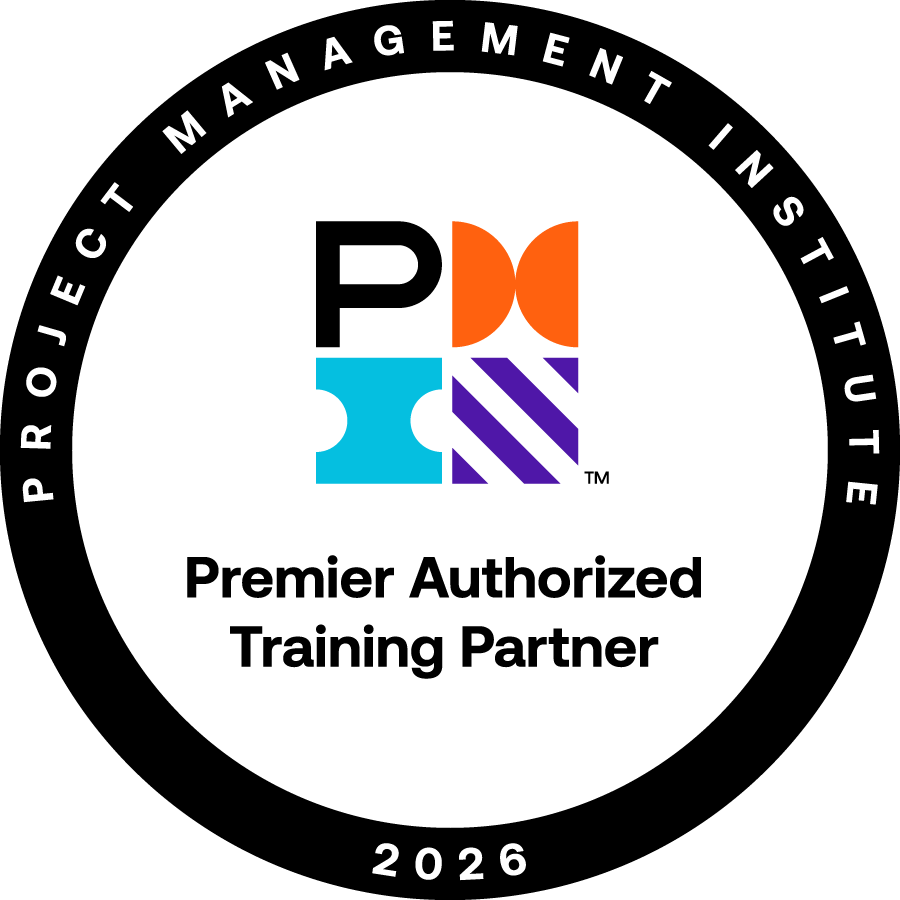Putting Agile to Practice
Provide basic information required to assess the expertise available to support its efforts to initiate and ultimately undertake Agile Transformation
2-DAY WORKSHOP
PUTTING AGILE TO PRACTICE
Putting Agile to Practice is developed to facilitate the gradual introduction of agile practices in the workplace. This requires a high level of clarity of agile principles as well as how these principles may be applied in practice.
This course is based on a two-day intensive face-to-face workshop session in which the participants will be exposed to key concepts relating to agile project management based on the best practices espoused by Agile Certification Bodies.
To ensure that participants truly understand and can apply what they have learnt in the session, a group-based discussion and mini case study-based approach will be adopted. This will facilitate the learning process associated with enabling value creation through adoption of agile practices. To better communicate and engage with the participants, several practical sessions that demonstrate basic agile events will be undertaken.
Terminal Objective
The terminal objective of this session is to provide an overview on agile methodology as well as provide a sound understanding of how the methodology may be customised to suit changing requirements.
Key course outcomes
From the proposed training program, it is expected that the participants will be able to:
- Initiate the project for clarity and consensus to be developed and maintained.
- Develop Epics, Persona and User Stories through the adoption of best practices.
- Prioritize backlog items and tasks based on value.
- Self Organize to plan, estimate and execute projects on their own.
- Estimate user stories as well as tasks using tools.
- Retrospect work at the end of iterations.
- Identify and assess risks and proposed counter measures associated with risks.
- Collaborate with key stakeholders to co create value.
- Manage stakeholder expectations to meet project quality requirements.
LEARNING OBJECTIVES
At the end of the program the participants will be able to do the following based on the appropriate approach that is required.
Initiate the project in accordance with best practices to ensure that the project vision is developed and adhered to when prioritising deliverables and developing releases for the client.

Plan and Estimate user stories and tasks that will be undertaken in iterations to realise the goal of the iterations within the stipulated timeframe.

Review deliverables at the end of the iteration in collaboration with the Product Owner to enhance value delivered at the end of each iteration

Retrospect iterations for improvement for the principle of iterative development to applied throughout the project.

Develop and execute effective communication systems with all key stakeholders that ensures timely, accurate and relevant information flows that facilitate knowledge sharing occurs throughout the project life cycle.

Manage expectations and enhance engagement levels with stakeholders to facilitate realization of project objectives within the stipulated timeline and budget

PROGRAM METHODOLOGIES

Experience Sharing
Participants will be encouraged to share their experiences before and during the class. This will provide ample opportunity for the facilitator to focus on specific areas they need to improve their agile project management competency.

Mini Lecture
Brief overview of the conceptual underpinning as well as core principles will be conveyed using relevant examples by the course facilitator through a mini lecture.

Question and Answer Sessions
Participants will be encouraged to ask questions and provide answers to questions posed so that a common understanding of key concepts and principles to emerge as the session progresses.

Group Based Discussions
A group-based discussion approach will involve the participants to be broken into groups and asked to describe an initiative that they are currently involved in. They will then be required to apply what was covered in and present their findings to class. The facilitator will provide feedback that will give them an opportunity to gain deeper insights on how the concepts covered could be better applied in practice.

Mini Case Study
A mini case study approach will involve a case study being given to the participants and the participants will be required to analyze the case in the context of how to resolve issues by applying agile principles.
FEATURED CLIENTS






PUTTING AGILE TO PRACTICE SYLLABUS & OUTLINE
- Overview of the Agile Methodology (6 Contact Hours)
- Definition of Agile
- Principles of Agile
- Agile Manifesto - Overview of Scrum Methodology (6 Contact Hours)
- Scrum Framework
- Scrum Roles
- Scrum Principles - Scrum Phases (4 Contact Hours)
- Initiate
- Plan & Estimate
- Implement
- Review & Retrospect
- Release






